New Scientist covers the latest developments in science and technology that will impact your world. New Scientist employs and commissions the best writers in their fields from all over the world. Our editorial team provide cutting-edge news, award-winning features and reports, written in concise and clear language that puts discoveries and advances in the context of everyday life today and in the future.
Elsewhere on New Scientist
A note from the editor
All about the price tag • Astronomical fees for new CRISPR therapies will stop them reaching those in need
New Scientist
Uruguay faces severe drought
Listening to the hum of the universe • Astronomers have found signs that suggest huge gravitational waves create a background rumble across the universe, discovers Alex Wilkins
How our brain works to overcome negative emotions
US set to nearly halve emissions by 2035, but that isn’t enough
The past appears to run slower • Cosmological time dilation means the early universe’s events seem five times slower to us
Humans exploit one-third of all vertebrate species
Ape family tree hints human ancestors weren’t that violent
Genetic marker found for severity of multiple sclerosis
A 40,000-year-old rope-making kit • Stone tools found in caves in the Philippines seem to have been used for processing plant fibres
Atlantic cod may be five species rather than one
Iceman’s health claims assessed • Wim Hof’s claims that breathing and cold exposure have widespread benefits lack evidence
Female frogs croak to tell horny males to cool off
Muscle fibres warp as we get older, but we can restore them
Are these the remains of an interstellar meteor?
The myth that men hunt while women forage is wrong
IceCube detector finds neutrinos from the Milky Way
Soya beans get a portion of pork • Moolec’s transgenic “Piggy Sooy” beans are a quarter pig protein rather than plant protein
Vibration neurons in clitoris and penis play key role in sex
Baby bugs eat adults’ poo for a bacterial boost
Planet the size of Uranus could be hiding in our solar system
Opioids don’t help short-term back pain
Transforming robot rolls, crawls and flies
Orangutan talents include beatboxing vocal skills
Really brief
The next small step • The dawn of a new age of space exploration is thrilling. But there is a gap in our preparation for space flight, warns Elisa Raffaella Ferrè
Lost in Space-Time • Proving it Proofs, the central tenet of mathematics, occasionally have errors in them. Might computers be able to prevent this from happening, asks Emily Riehl
Heavens above
When viruses cure • Replacing antibiotics that no longer work costs money and time. A gripping book makes the case for revisiting an alternative, says Michael Marshall
Return of the superego • Could the ideas of the psychoanalyst Sigmund Freud help us understand the internet, asks a new book. Simon Ings explores
New Scientist recommends
The TV column • A beautiful life Marnie is like any 13-year-old – except she has a severe form of muscular dystrophy. A four-part drama, Best Interests, is an empathetic and nuanced story about terrible choices, says Bethan Ackerley
Your letters
Reality reconstructed • It’s time to ditch the idea that everything is always made of smaller stuff – and instead think of the universe as a single, quantum whole, says physicist Heinrich Päs
The emotional lives of animals • We are finally figuring out how to discern the emotions of farm and zoo animals – and how we can make them happier, says Sam Wong
Cut, paste, cure • The world’s first gene-editing CRISPR treatment is...
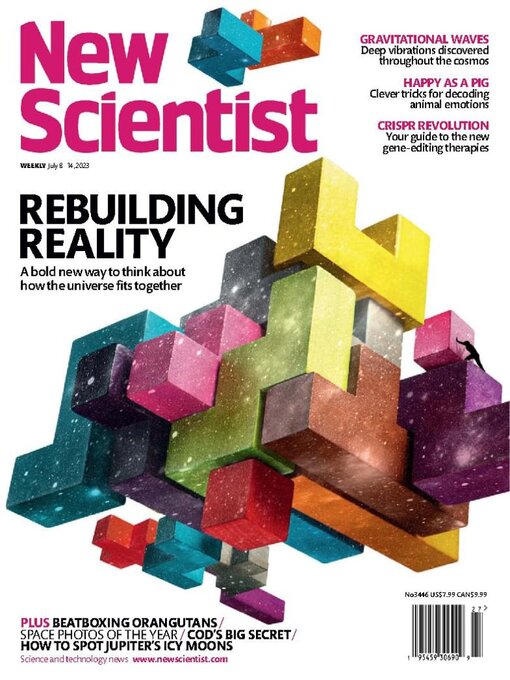
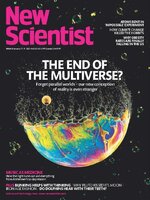 Jan 11 2025
Jan 11 2025
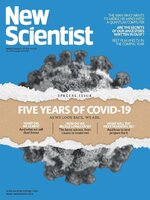 Jan 04 2025
Jan 04 2025
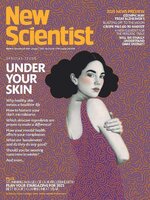 Dec 28 2024
Dec 28 2024
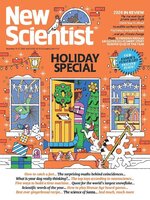 Dec 14 2024
Dec 14 2024
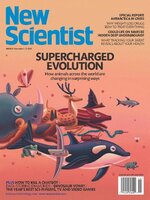 Dec 07 2024
Dec 07 2024
 Nov 30 2024
Nov 30 2024
 Nov 23 2024
Nov 23 2024
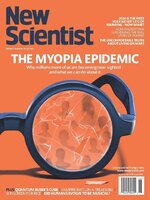 Nov 16 2024
Nov 16 2024
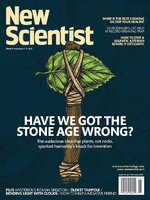 Nov 09 2024
Nov 09 2024
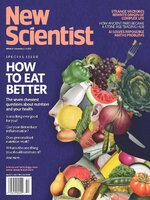 Nov 02 2024
Nov 02 2024
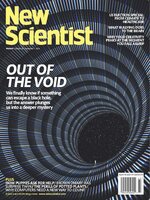 Oct 26 2024
Oct 26 2024
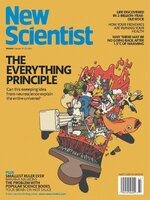 Oct 19 2024
Oct 19 2024
 Oct 12 2024
Oct 12 2024
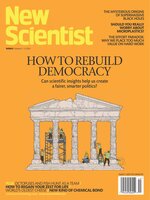 Oct 05 2024
Oct 05 2024
 Sep 28 2024
Sep 28 2024
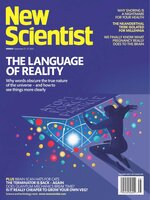 Sep 21 2024
Sep 21 2024
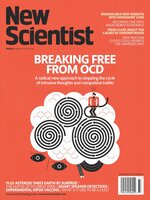 Sep 14 2024
Sep 14 2024
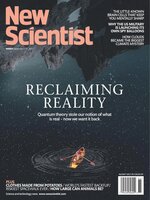 Sep 07 2024
Sep 07 2024
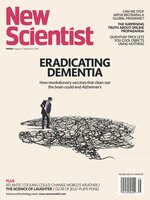 Aug 31 2024
Aug 31 2024
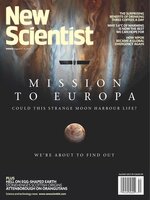 Aug 24 2024
Aug 24 2024
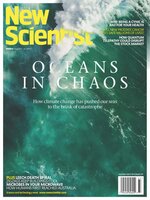 Aug 17 2024
Aug 17 2024
 Aug 10 2024
Aug 10 2024
 Aug 03 2024
Aug 03 2024
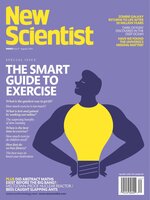 Jul 27 2024
Jul 27 2024
